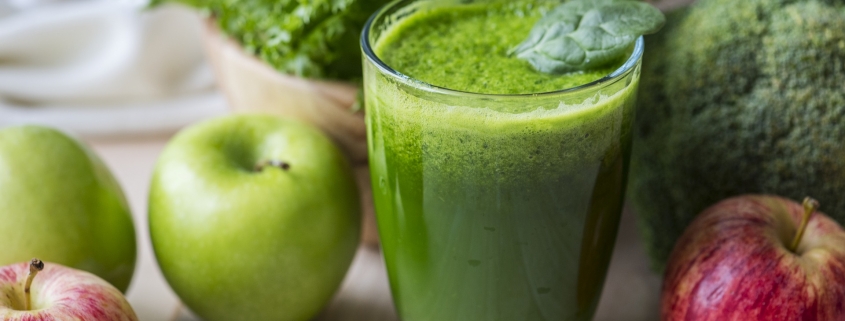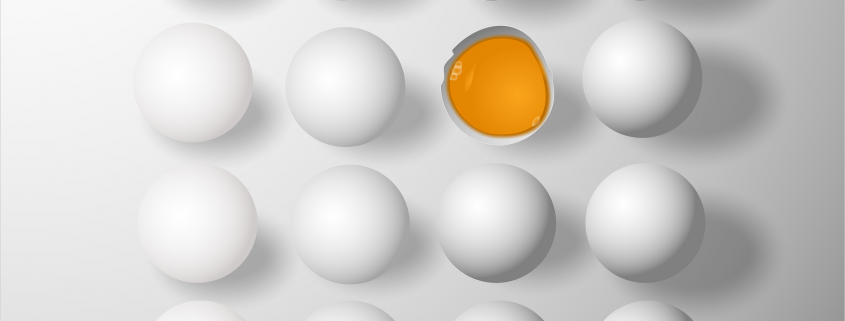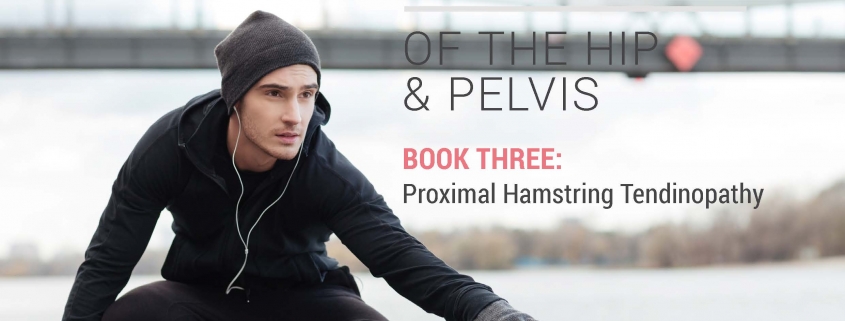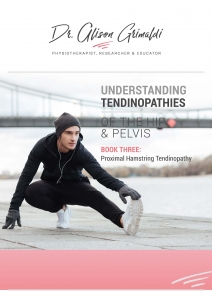Nutrition, Vitamin D And Tendons
Nutrition – A Fundamental of Proximal Hamstring Tendinopathy Recovery
If you’ve tried most treatments for proximal hamstring tendinopathy and there’s nothing else left that sounds sane, it could be your nutrition blocking your recovery. Nutrition is fundamental to tendon repair.
How To Find Out What You Need
If you think you are low or deficient, consider blood testing.
Red blood cell and plasma blood tests show what’s happening inside your cells and serum whole blood tests show what’s happening outside your cells, in your whole blood, as it says.
Symptoms of deficiencies include muscle tics, tight muscles, numbness, tingling, headaches, insomnia, fatigue, muscle weakness, hair loss, dry scaly skin, palpitations and more.
Supplements – The Don’ts
It’s not ideal to pop into your local high street health food shop and pick something up, as a stab in the dark, to fix a health problem without blood testing first. There’s a lot of great advice on the internet but using it to work out if you are low on something and trying to fix it yourself, without testing, may cause nutritional imbalances.
For example, magnesium and calcium work together to relax and contract muscles. If you are low in magnesium and top heavy in calcium, your muscles contract causing pulling on your tendons.
Excess vitamin C is eliminated by the body by attaching itself to another mineral which is excreted, resulting in mineral loss.
Whatever supplements you take, they will deplete or impede something else and so it goes on. Plus there are only so many binding sites and if there’s nowhere to bind to, the vitamin or mineral is lost.
If blood testing shows a deficiency, talk to your doctor first before taking supplements and take them temporarily, until blood tests show your levels are optimum, then stop when your doctor advises.
I still see posters on the London Underground advertising multi vitamins with a famous actor (in his 40’s) saying he’s been on them since his twenties.
What to eat (as part of a varied diet) to maintain or help repair tendons.
www.healthyeating.sfgate.com/nutrients-needed-tendons-ligaments-4392.html
Vitamin D
Low or deficient vitamin D also impacts your musculoskeletal system. Here’s what the UK Government have to say about it via the NHS.
“The government says it has issued new vitamin D recommendations “to ensure that the majority of the UK population has satisfactory vitamin D blood levels throughout the year, in order to protect musculoskeletal health”.
Read the full advice from the NHS using UK government guidelines here: www.nhs.uk/news/food-and-diet/the-new-guidelines-on-vitamin-d-what-you-need-to-know
Obviously, this applies to the geographical position of the UK but gives a good indication on how important vitamin D is for everyone’s musculoskeletal health.



 Under Construction
Under Construction


